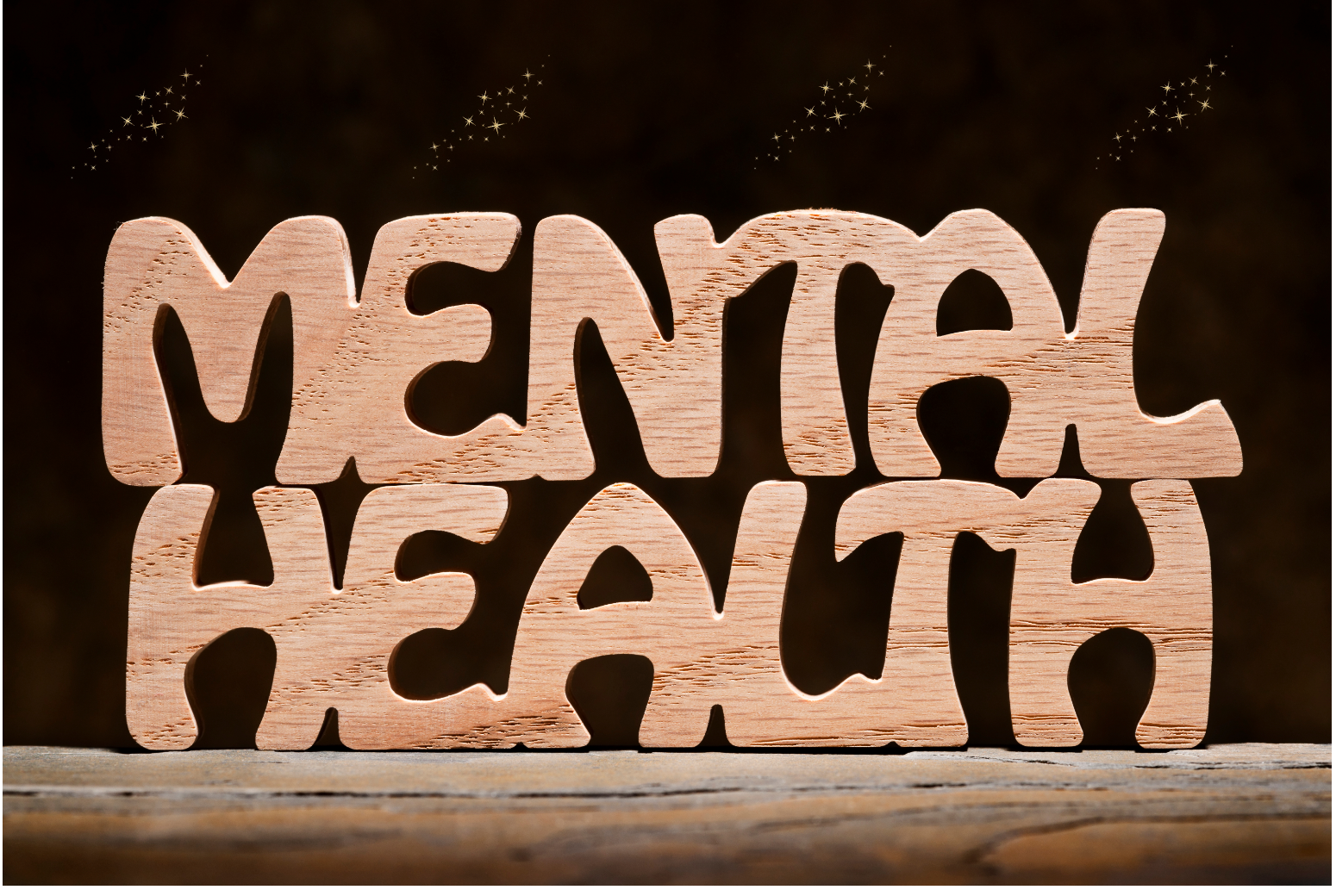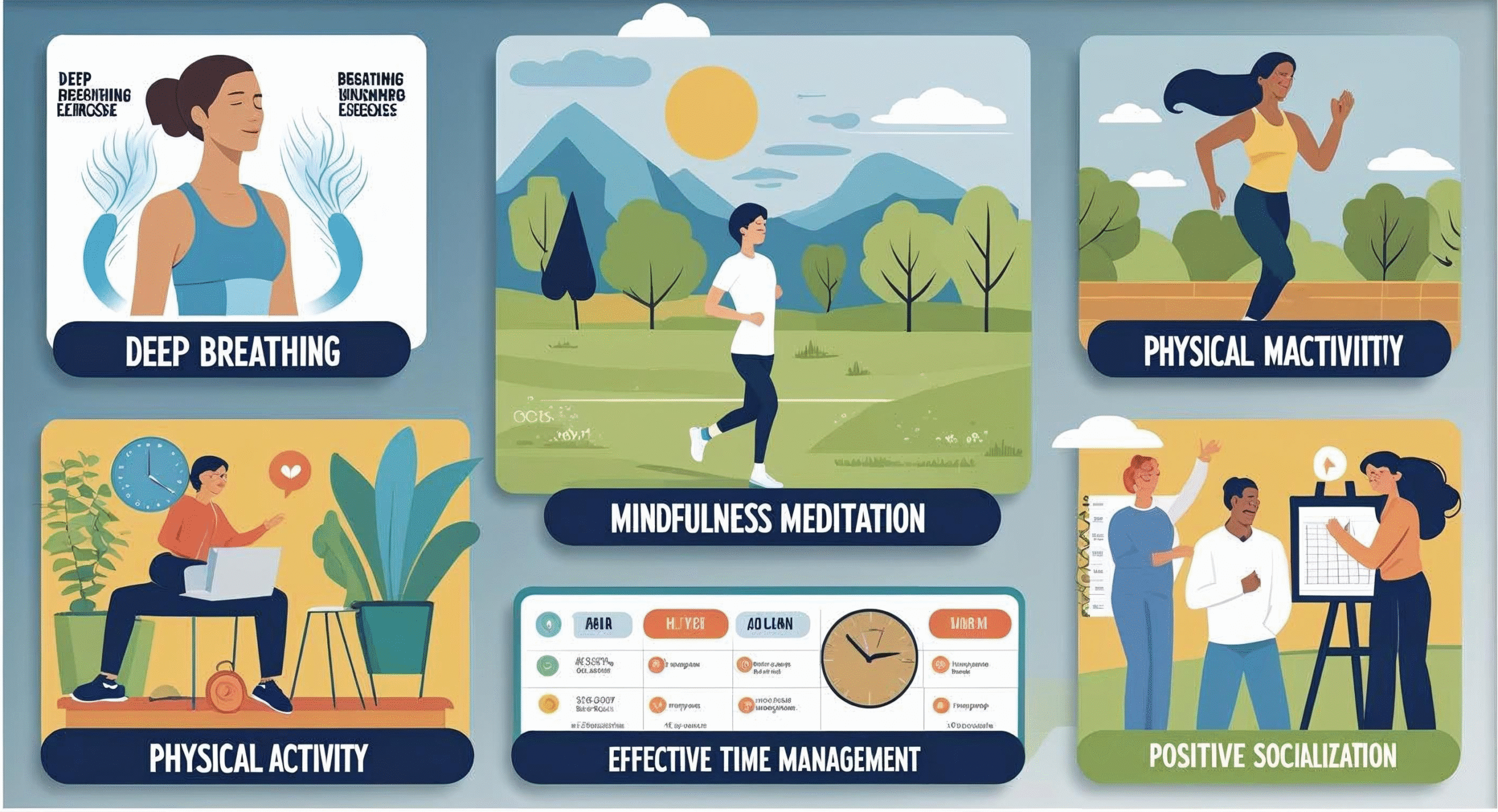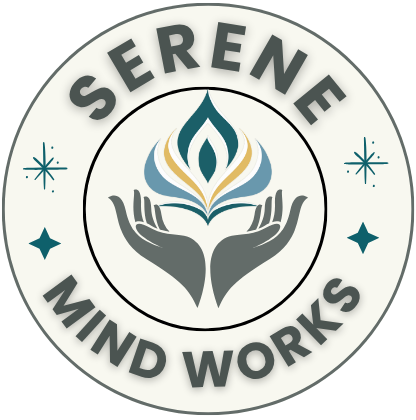
Emotional resilience is like your personal armor, helping you bounce back from life’s challenges. In today’s fast-paced world, building this resilience is more important than ever. It’s what keeps you standing when life tries to knock you down.
Mindfulness is a powerful tool in your emotional toolkit, bringing benefits that extend beyond just calming your mind. It’s about being present, really soaking in the moment, and it has an amazing ability to improve emotional well-being.
By practicing mindfulness, you’re essentially training your brain to handle stress more effectively. Think of it as mental exercise for your resilience, making it stronger and more agile.
The journey to emotional resilience is individualized, but one of the most effective approaches is through what I call the 3 P’s: Perspective, Perseverance, and Purpose. These elements work together like a team, boosting your mental strength to new heights.
The Science Behind Mindfulness and Emotional Resilience
Mindfulness isn’t just buzz and fluff; it’s grounded in solid science. When you practice mindfulness, you’re actually engaging in a transformative process that changes how your brain functions. This practice enhances emotional regulation by promoting changes in regions of the brain responsible for attention, emotions, and stress management.
Regular mindfulness practice results in increased activity in the prefrontal cortex, the area of the brain linked to decision making and emotional control. This activity boosts your ability to manage emotions more effectively, helping you respond rather than react to stressful situations.
There’s a reason why mindfulness is often recommended in therapy. Real-life stories highlight how individuals gain mental clarity and emotional grounding through mindfulness, allowing them to navigate life’s storms with greater ease.
How can practicing mindfulness help improve your emotional resilience? Mindfulness equips you with mental tools to face challenges without letting them define your emotional state. By training your mind to stay anchored in the present, you gain greater control over your emotional responses, enhancing your resilience bit by bit.
Whether you’re handling a difficult conversation at work or managing a personal crisis, mindfulness provides the clarity needed to see things as they are, not as they might appear in moments of stress. This clearer vision enhances your ability to bounce back from setbacks, further building emotional resilience.
Exploring the 3 P’s to Building Emotional Resilience
The 3 P’s framework is a dynamic approach to nurturing emotional resilience: Perspective, Perseverance, and Purpose. Each “P” plays a unique role, working together to form a sturdy foundation for handling life’s ups and downs.
-
Perspective: It’s all about how you view the world and interpret events. Is your glass half full or half empty? Shifting your viewpoint to a more positive, balanced perspective can lighten emotional loads and broaden your mental horizon, helping you tackle challenges with a level-headed mindset.
-
Perseverance: Building emotional resilience requires endurance. It’s about sticking with your goals despite setbacks and not giving up when things get tough. This steadfastness strengthens your resolve and teaches patience, turning obstacles into opportunities for growth.
-
Purpose: This is the “why” behind your actions and the driving force that keeps you motivated. Having a clear purpose gives you direction and meaning, serving as a powerful motivator that propels you forward, even when the road gets bumpy.
To visualize the 3 P’s, think of them as pillars in a diagram, each supporting the weight of life’s emotional demands. Without one, the structure weakens, but together, they create a solid framework for enhancing your mental resilience.
They guide you by providing clarity, determination, and meaning, all essential in fortifying your emotional armor. Embracing this triad helps you not just survive but thrive amidst life’s challenges.
Practical Steps to Cultivate Emotional Resilience Through Mindfulness

Building emotional resilience isn’t a one-time event; it’s an ongoing journey, and mindfulness plays a crucial role in it. Incorporating mindfulness into your daily routine can significantly boost your ability to handle stress and recover from setbacks. Here’s how you can practice mindfulness to strengthen your emotional resilience.
Start by dedicating just a few minutes each day to mindfulness meditation. Find a quiet spot, sit comfortably, and focus on your breathing. This simple act of awareness helps clear the mind and encourages a calm and balanced emotional state.
Integrating mindfulness into everyday activities can enhance resilience. Whether you’re drinking coffee or taking a walk, pay attention to sensations, sounds, and smells around you. Engaging fully in such activities brings a sense of calm and presence, allowing you to stay grounded despite life’s chaos.
Mindfulness also involves being kind to yourself. It’s easy to get frustrated when things don’t go as planned, but practicing self-compassion during mindful moments reminds you that setbacks are part of learning and growing.
While it’s tempting to skip these moments when life gets busy, staying committed to daily mindfulness even through small breaks makes a big difference. Recognize challenges as opportunities to practice perseverance, strengthening your resolve to continue the mindfulness journey.
How to build up emotional resilience? Involves more than techniques; it’s about consistency and practice. By weaving mindfulness into the fabric of daily life, you create a resilience cushioning, helping to ease the emotional strain from life’s inevitable bumps and bruises.
The 7 C’s: A Comprehensive Guide to Building Resilience
Adding more tools to your resilience toolbox, the 7 C’s framework offers a holistic view of resilience, helping you understand and cultivate different aspects of emotional strength. These elements work together harmoniously, each contributing to your overall resilience.
-
Competence: It’s about knowing your strengths and building skills that give you confidence in handling challenges. When you’re competent, you feel ready to tackle whatever life throws at you.
-
Confidence: Then comes into play, fueled by your competence. Believing in yourself and your abilities makes you more resilient, enabling you to face difficulties head-on without backing down.
-
Connection: It highlights the importance of relationships. Surrounding yourself with supportive people ensures you have a safety net during tough times, providing emotional support and shared joy.
-
Character: Involves developing a strong sense of what’s right and wrong, guiding your actions and decisions even when the going gets tough. Having character means you stick to your values, no matter the situation.
-
Contribution: Is all about giving to others. When you contribute, whether through kindness or service, you feel valued and find meaning, which bolsters your resilience against adversity.
-
Coping: Refers to the strategies you use to manage stress and challenges. Mindfulness falls perfectly here, ensuring you have healthy mechanisms to navigate life’s inevitable stressors.
-
Control: Reminds you of the power of choice. Cultivating a sense of control over your life, even in small ways, strengthens resilience by reducing feelings of helplessness.
What are the 7 C’s to build resilience?‘ reveals that these elements, when combined with mindfulness, create a robust support system. Each ‘C’ nurtures different strengths, helping you build a resilience fortress that protects you against life’s unpredictable nature.
